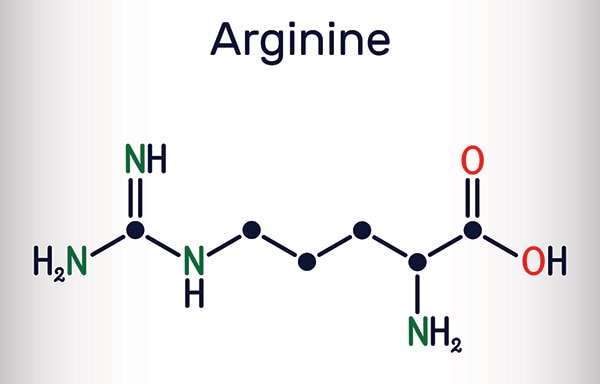Today’s consumers can find a toothpaste for every single oral health need, from caries prevention to gingivitis prevention to sensitivity relief and many more. With the help of recent technological advances, we’re now able to pack lots of those benefits into one tube. One such advance is arginine, a truly remarkable, multi-tasking ingredient that represents a great leap in our ability to promote Whole Mouth Health.
What is arginine/Pro-Argin/DZA technology?
Arginine, also known as L-arginine, is an amino acid that contributes to Whole Mouth Health in combination with other ingredients, by helping to prevent dental caries, offering significant reductions in plaque and gingivitis, relieving dentin hypersensitivity and halitosis. Colgate uses arginine in various formulations:
Pro-Argin Technology, which combines arginine with calcium carbonate.
Dual Zinc plus Arginine (DZA) Technology, which combines arginine with zinc citrate and zinc oxide.
DZA, biofilm control, and periodontal health
The control of bacterial biofilm is essential in preventing periodontal diseases, and experts agree that chemical control is an effective adjunct to mechanical control.
Zinc citrate is included in toothpastes as a chemical biofilm control agent thanks to its antimicrobial properties. An in vitro study using model oral tissue surfaces found that adding zinc oxide and L-arginine, as per the DZA formula used in Colgate Total Toothpaste (available in the UK), further increases the antibacterial efficacy of zinc against anaerobic biofilms. This is due to the higher bioavailability, greater penetration and higher retention of zinc in the biofilm, all of which resulted in greater reductions in bacterial metabolic activity.
The antibacterial efficacy of DZA Technology is further demonstrated in a study that tested toothpastes with DZA plus fluoride. Compared to fluoride-only toothpastes, the DZA-plus-fluoride toothpastes showed significant reductions in bacteria on both hard and soft oral tissues and in saliva. DZA achieves this by forming a protective barrier on the oral surfaces to protect them from bacterial adhesion and regrowth.
This enhanced antibacterial efficacy translates to tangible oral health benefits. Toothpaste with DZA Technology and fluoride has been shown in a double-blind clinical study to offer significantly greater reductions in biofilm and gingivitis after three and six months of twice-daily use, when compared with a fluoride-only toothpaste. Another in vitro study found that a toothpaste containing DZA could attenuate the pathogenic properties of Porphyromonas gingivalis (which is strongly associated with periodontitis).
Arginine and caries prevention
Arginine has been shown to be effective in addition to mechanical biofilm control. One study found that a toothpaste containing this technology, along with fluoride, helped to restore pH-neutral status in the oral cavity. In another study, in which arginine and fluoride toothpaste was compared to a fluoride-only toothpaste, it was shown to help protect the health of the oral flora and offer superior reduction in risk for dental caries.
Pro-Argin and dentin hypersensitivity relief
Pro-Argin Technology as found in Colgate Professional Sensitivity Relief Serum. This topical serum is designed to offer almost instant relief from hypersensitivity before certain dental procedures, at home, or on the go. The patient simply massages the serum into the affected tooth with a fingertip, with sensitivity pain subsiding in just one minute.
Pro-Argin Technology, as found in elmex Sensitive Professional / Colgate Sensitive Instant Relief (available outside of the US) has provided instant and long lasting pain relief to patients from dentin hypersensitivity. The unique Pro-Argin formula binds to the dentin surface and physically seals the dentin tubules with a “plug” of arginine, calcium carbonate and phosphate. This reduces fluid movement within the tubules and guards against painful external stimuli. Further, it creates an acid-resistant layer over the dentin surface, protecting it from acids.


Was this article helpful?
If you’d like a response, Contact Us.